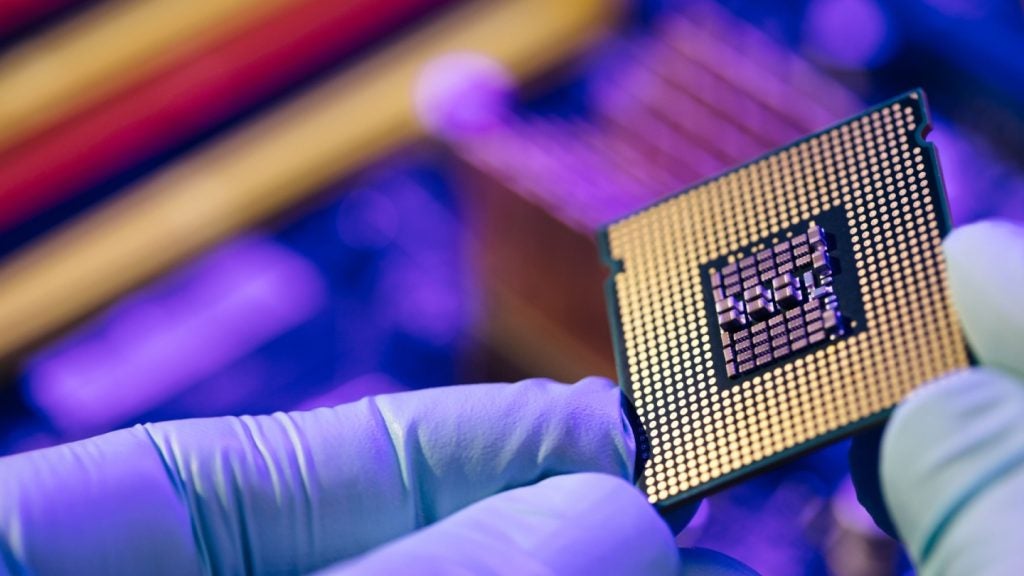
Scientists from The University of New South Wales (UNSW Sydney) and Boston University have developed an artificial intelligence (AI) tool that can predict the onset of Parkinson’s disease.
The tool has delivered promising results in early tests in detecting the disease years before the first symptoms appear.
In a study published in the ACS Central Science Journal, researchers describe how they employed neural networks to assess biomarkers in patients’ bodily fluids.
The team of researchers from the UNSW School of Chemistry analysed blood samples obtained from healthy individuals as part of the Spanish European Prospective Investigation into Cancer and Nutrition (EPIC).
Specifically, they studied 39 individuals who later developed Parkinson’s disease up to 15 years after the samples were taken.
They used a machine learning (ML) programme, called CRANK-MS (Classification and Ranking Analysis using Neural network generate Knowledge from Mass Spectrometry) to examine datasets that contained detailed information about metabolites.
How well do you really know your competitors?
Access the most comprehensive Company Profiles on the market, powered by GlobalData. Save hours of research. Gain competitive edge.

Thank you!
Your download email will arrive shortly
Not ready to buy yet? Download a free sample
We are confident about the unique quality of our Company Profiles. However, we want you to make the most beneficial decision for your business, so we offer a free sample that you can download by submitting the below form
By GlobalDataMetabolites are the chemical compounds produced by the body when it breaks down food, drugs, or chemicals.
CRANK-MS was created by Diana Zhang, a researcher at UNSW, and Associate Professor W. Alexander Donald.
Instead of using traditional statistical methods, the researchers took a different approach to analysing metabolomics data by using ML to identify associations between different metabolites.
Donald explained: “Typically, researchers using machine learning to examine correlations between metabolites and disease reduce the number of chemical features first before they feed it into the algorithm.
“But here we feed all the information into CRANK-MS without any data reduction right at the start. And from that, we can get the model prediction and identify which metabolites are driving the prediction the most, all in one step.
“It means that if there are metabolites which may potentially have been missed using conventional approaches, we can now pick those up.”
Currently, non-genetic cases of Parkinson’s disease are diagnosed based on physical symptoms.
However, atypical symptoms can appear decades before motor symptoms, making early diagnosis difficult.
By identifying unique combinations of metabolites, CRANK-MS could potentially diagnose Parkinson’s disease at the first sign of atypical symptoms, allowing for early intervention.
Donald added that validation studies in larger cohorts globally are necessary before using the tool reliably. Nonetheless, in the limited cohort studied, CRANK-MS accurately detected Parkinson’s with up to 96% precision.







